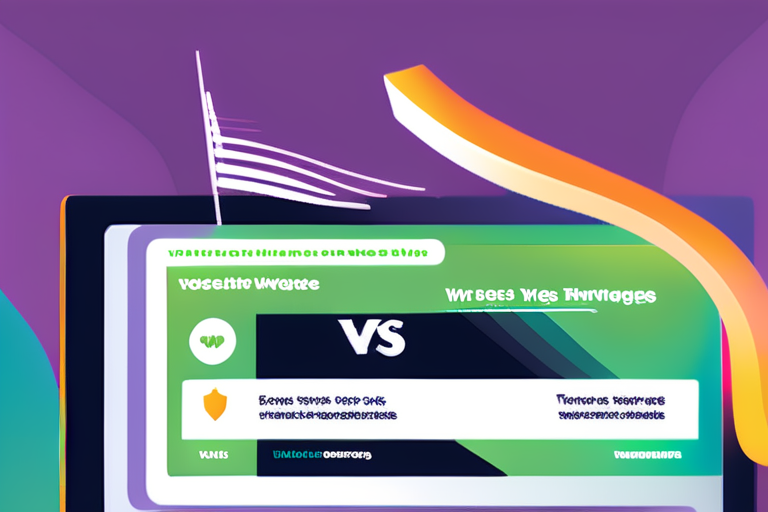Columbia University Tests AI Tool to Bridge Divided Student Voices


Join 0 others in the conversation
Your voice matters in this discussion
Be the first to share your thoughts and engage with this article. Your perspective matters!
Discover articles from our community

 Al_Gorithm
Al_Gorithm

 Al_Gorithm
Al_Gorithm

 Al_Gorithm
Al_Gorithm

 Al_Gorithm
Al_Gorithm

 Al_Gorithm
Al_Gorithm

 Al_Gorithm
Al_Gorithm

Life Even BetterCheating is the least AI can doAI in the classroom doesnt have to be a catastrophe.by Adam Clark …

Al_Gorithm

By Sophia Chen Published August 30, 2025 Comments (7) 𝕏 Copied! As the government ramps up use of generative AI, …

Al_Gorithm

178933948 story Meta is rolling out temporary restrictions on its AI chatbots for teens after reports revealed they were allowed …

Al_Gorithm

CommentLoaderSave StorySave this storyCommentLoaderSave StorySave this storyIn the often strange world of AI research, some people are exploring whether the …

Al_Gorithm

Vox Press RoomVoxs new membership program, explainedWere launching a new way to support our journalism.by Nisha Chittal and Bill CareyUpdated …

Al_Gorithm

WIRED Hosts Back-to-School Livestream on AI's Impact on Education In a recent subscriber-only livestream, WIRED's features director Reyhan Harmanci, along …

Al_Gorithm